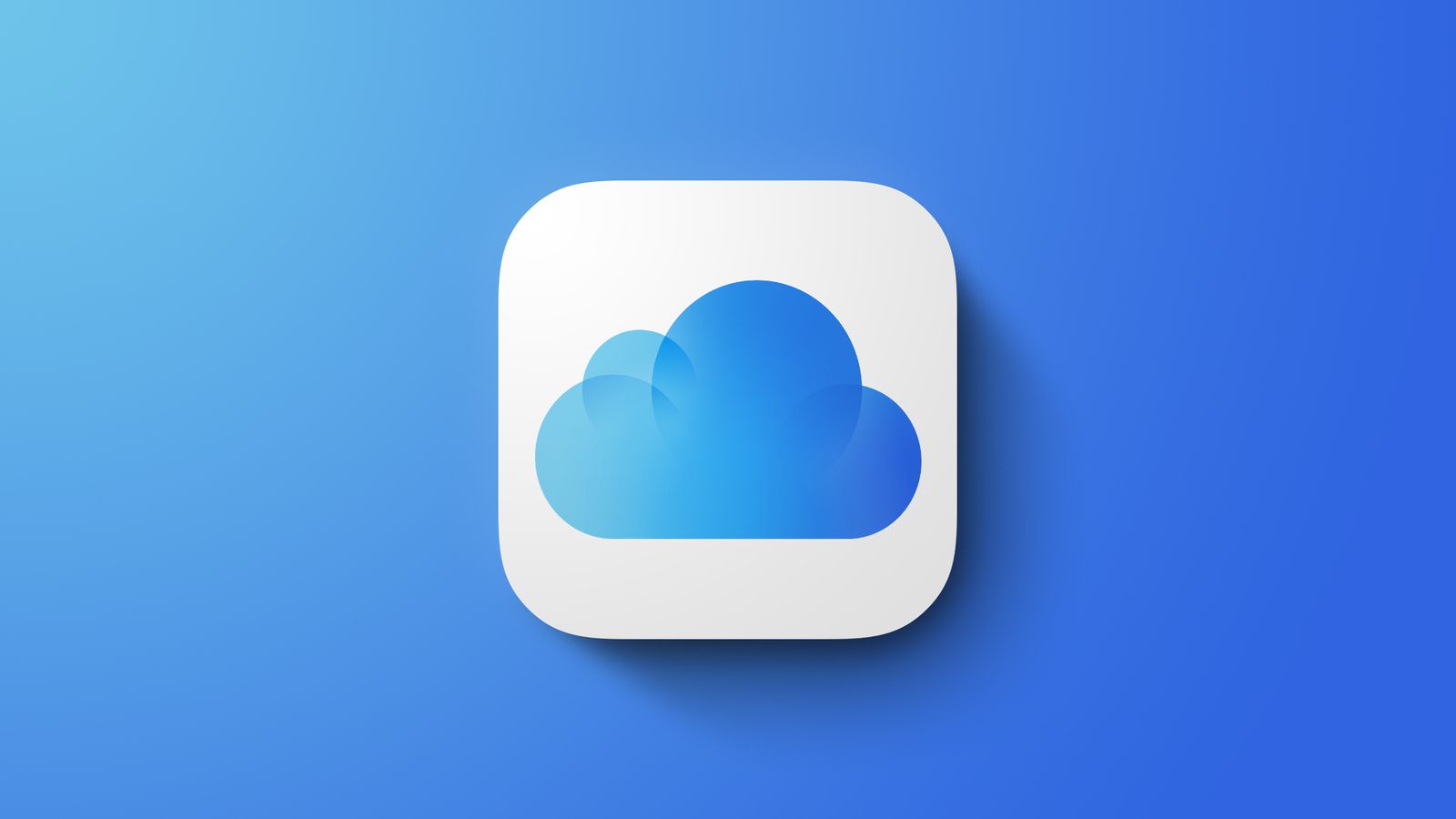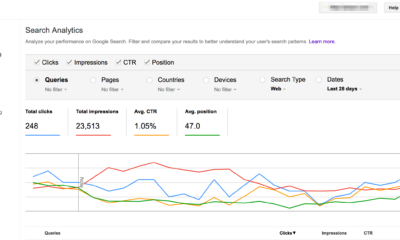Business
Apple Faces Class Action Lawsuit Over iCloud’s 5GB Storage Limit and iPhone Backup Restrictions

Apple has been hit with a class action lawsuit over the 5GB free storage limit on its iCloud service and the restrictions it places on iPhone backups. The lawsuit, filed in a federal court, accuses the tech giant of engaging in unfair and deceptive practices by not providing adequate free cloud storage to fully back up the contents of its flagship iPhone devices, compelling users to purchase paid plans on iCloud.
Apple’s iCloud, integral to the company’s ecosystem, allows users to store data such as photos, videos, and app data, and synchronize this information across devices. However, the plaintiffs argue that the 5GB of free storage provided by Apple is insufficient for most users, especially given the high-quality and large file sizes of photos and videos captured by iPhones. They contend that this limitation effectively forces iPhone users to subscribe to paid iCloud plans to ensure their data is fully backed up.
The lawsuit further claims that Apple’s marketing practices fail to clearly inform consumers about the necessity of additional storage for complete data backup, leading to unexpected expenses for users who need to secure their data. This issue is particularly pressing as iPhones continue to increase in storage capacity and camera quality, exacerbating the disparity between the device’s storage capabilities and the free cloud storage provided.
Legal experts note that this lawsuit touches on broader concerns in the tech industry about data storage, consumer rights, and the transparency of service terms. It also raises questions about the balance between offering free cloud storage as a selling point for devices and the pressure to generate recurring revenue through subscription services.
Apple has yet to formally respond to the lawsuit, but the case is expected to draw significant attention given its implications for consumer rights and corporate practices in the digital age. The outcome of this legal battle could potentially influence how tech companies structure their cloud services and communicate with consumers about storage options and limitations.
Consumer advocacy groups have expressed support for the lawsuit, emphasizing the importance of fair trade in digital services and they argue that consumers should be adequately informed about the true costs associated with maintaining digital data, especially when it comes to essential backup services for devices that are central to daily life.
-

 Domains5 years ago
Domains5 years ago8 best domain flipping platforms
-

 Business5 years ago
Business5 years ago8 Best Digital Marketing Books to Read in 2020
-

 How To's6 years ago
How To's6 years agoHow to register for Amazon Affiliate program
-

 How To's6 years ago
How To's6 years agoHow to submit your website’s sitemap to Google Search Console
-

 Domains4 years ago
Domains4 years agoNew 18 end user domain name sales have taken place
-

 Business5 years ago
Business5 years agoBest Work From Home Business Ideas
-

 How To's5 years ago
How To's5 years ago3 Best Strategies to Increase Your Profits With Google Ads
-

 Domains4 years ago
Domains4 years agoCrypto companies continue their venture to buy domains








